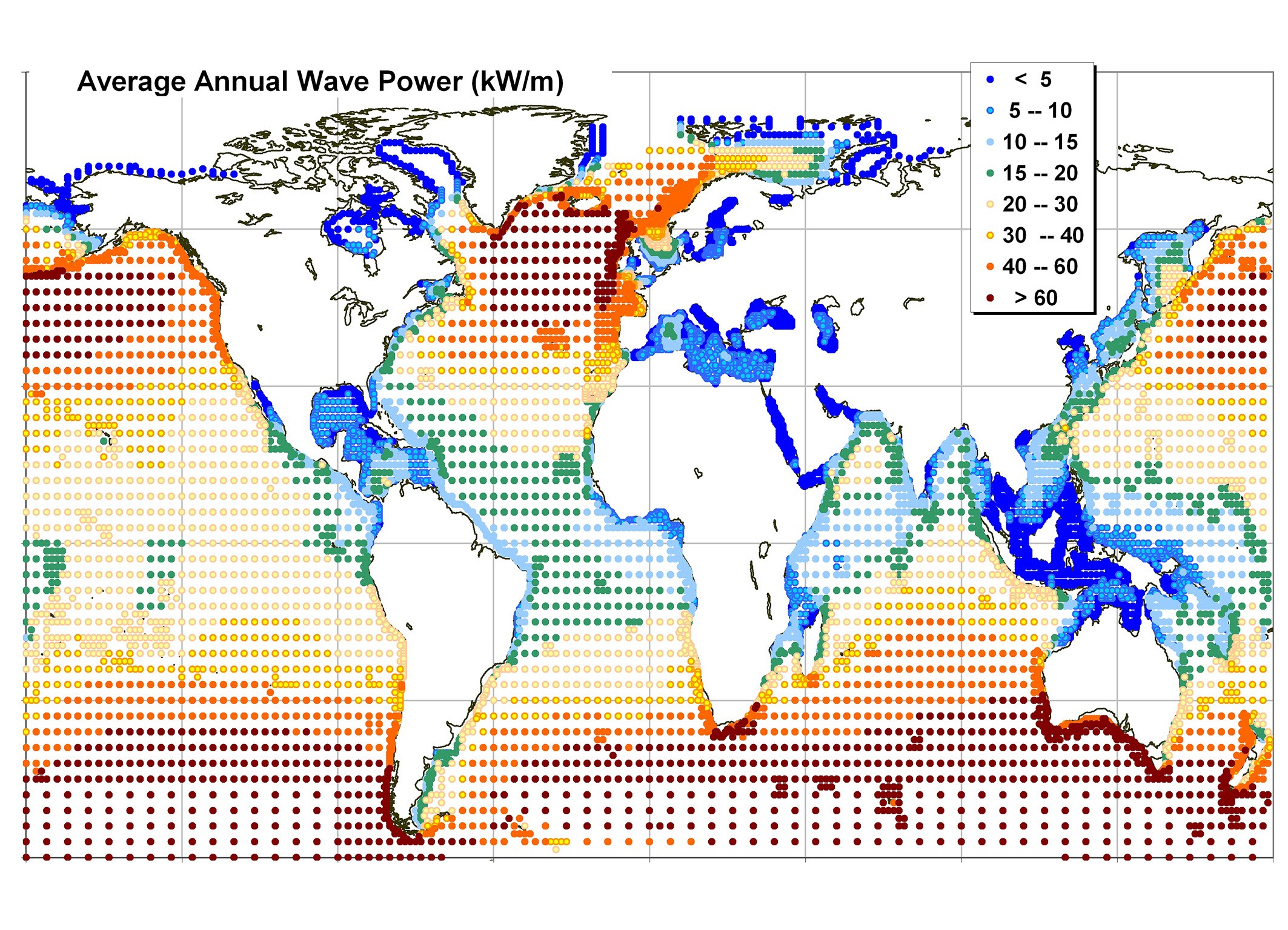Wave-power progress from Germany
German scientists have demonstrated a new technique for harvesting electricity from ocean waves.
A demonstration has taken place at laboratory in Bosch, showing two sheets of an electro-active polymer based on silicon which can expand and contract to generate power.
The project known as EPoSil, and has been made possible through funding from the German Federal Ministry of Education and Research for a total o nearly two million euros to date.
Waves are a huge potential source of energy – 29,500 terawatt-hours a year, according to calculations by the United Nations. By comparison, the International Energy Agency reports that some 21,500 terawatt-hours of electrical power were generated worldwide in 2010. The researchers are hoping to unlock access to some of the vast reserves of potential energy in the ocean.
The wave-power generator is built up by layers of electrodes, conductors and convertors, which work together to change the rhythm of the ocean into an electrical current.
The Germans say their plan is to have commercial wave-power generators compressing and relaxing again tens of millions of times, with the target efficiency for converting mechanical energy into electrical power of 50 percent.
More information on the potential for the new wave energy approach is available from Bosch.








 Print
Print